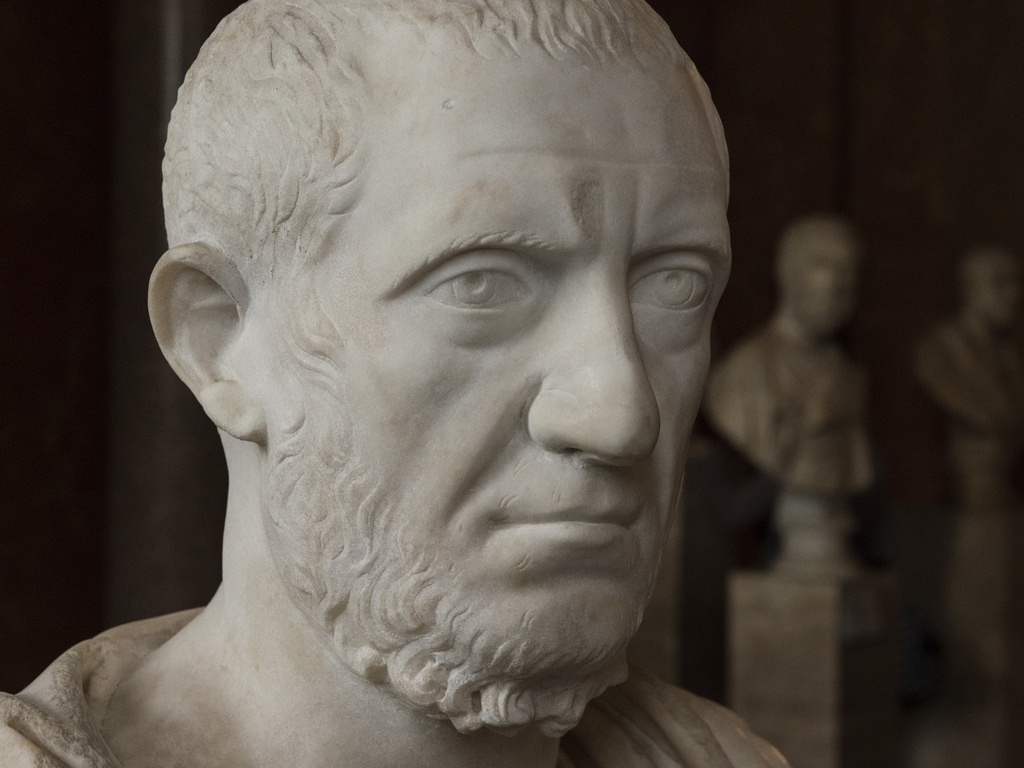
In this series, I’ll be sharing some ancient, non-Christian literary evidences for Jesus. This extrabiblical evidence corroborates much of what we know about Jesus’ life, teaching, and activities that is recorded in the New Testament. This is helpful material to cite when we are dealing with a person who doubts the existence of Christ, and who also refuses to take the New Testament documents seriously as historical sources.
These non-Christian sources had no agenda to promote faith in Jesus. In fact, some of them are outright hostile to the Christian message. This is actually the best type of evidence one could hope for: enemy attestation. When one’s opponent concedes that these events in the life of Jesus did occur, it’s a powerful witness to their veracity.
Perhaps the most important non-Christian source on Jesus is the great Roman historian, Tacitus. Here’s what he said about Emperor Nero’s decision to blame the Christians for the fire that had destroyed Rome in A.D. 64 (a fire quite likely set by Nero himself):
“Nero fastened the guilt…on a class hated for their abominations, called Christians by the populace. Christus, from whom the name had its origin, suffered the extreme penalty during the reign of Tiberius at the hands of…Pontius Pilatus, and a most mischievous superstition, thus checked for the moment, again broke out not only in Judaea, the first source of the evil, but even in Rome” (Tacitus, Annals 15:44, c. 116 AD).
Tacitus here confirms that Christians were named as such because of their founder, whom he calls “Christus” (derived from the Latin for “Christ”). Christus “suffered the extreme penalty (referring to crucifixion) during the reign of Tiberius (the Emperor at the time) at the hands of…Pontius Pilatus” (the Roman Prefect in charge of Judea). This confirms much of what the Gospels tell us about the death of Jesus.


